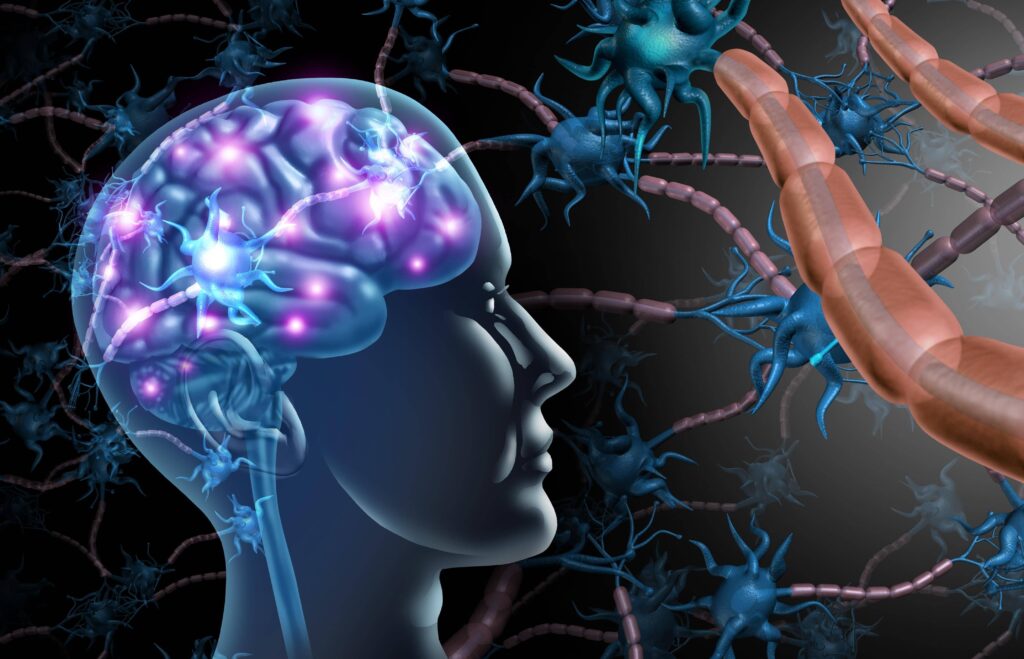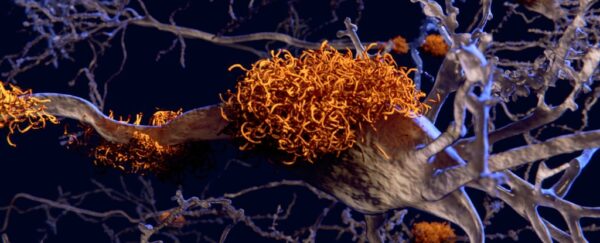Alzheimer's research just took a leap forward thanks to a discovery that further links the gut microbiome to the disease. A team of scientists has shown that by transferring the intestinal microbiome from Alzheimer's patients to healthy rats, the symptoms of the disease are also transferred. A discovery that paves the way for innovative therapies.
Microbiome and memory: an exceptional duo
Using gut microbiota transplants, an international research team has conducted an experiment that could change the way we think Alzheimer's and other forms of dementia.
Memory deficits in humans with Alzheimer's can be passed on to young, healthy rats.
The research team is made up of Yvonne Nolan ofUniversity College Cork (UCC) in Ireland, Sandrine Thuret of the King's College London (KCL) and colleagues atIRCS extension Saint John of God Center Institute Fatebenefratelli of Brescia, leading center in the study and treatment ofAlzheimer in Italy. In their work, the team collected blood samples from 69 people with Alzheimer's and 64 healthy people. Some participants in both groups also provided gut microbiota samples via stool samples.

The results?
In Alzheimer's patients, the gut microbiome affects brain health and behavior. Mice that had received gut microbiota transplants from Alzheimer's patients showed unmistakable symptoms. Specifically, altered memory behaviors that depend on a process called adult hippocampal neurogenesis. This process is critical for the creation of new neurons in the hippocampus, a region of our brain crucial to memory and mood.
The research was published in the journal Brain (I link it here).
Alzheimer's symptom transfer: the control phase
At least 10 days after the transplants, the rats underwent behavioral tests designed to evaluate memory performance and other traits associated with Alzheimer's. The results showed clear changes in the rats' hippocampal metabolome (the collection of metabolites such as amino acids and enzymes involved in the maintenance, growth and normal function of cells). These changes could contribute to the reduced growth of new neurons in the hippocampus.
And Now, What Happens? These discoveries open the door to new therapeutic approaches. Imagine a future where a simple stool test could reveal whether you are at risk of developing Alzheimer's.
Not only that, but it could also provide a way to intervene before symptoms become apparent. This is particularly important because, as the neuroscientist points out Yvonne Nolan, “people with Alzheimer's are typically diagnosed at or after the onset of cognitive symptoms, which may be too late for current treatment approaches.”
A step forward, but still a long way to go
This collaborative research has laid the foundation for future research in this area, and may lead to potential advances in therapeutic interventions. The definitive confirmation of the link between the intestinal microbiome and Alzheimer's (after the studies that have highlighted those with depression) is a significant advance in our understanding of the disease. It not only offers new perspectives for treatment, but also paves the way for early diagnosis and individualized interventions.
Yes, the secret to defeating Alzheimer's is hidden in our intestines. Now we have one more reason to take health seriously of our intestinal microbiome.


